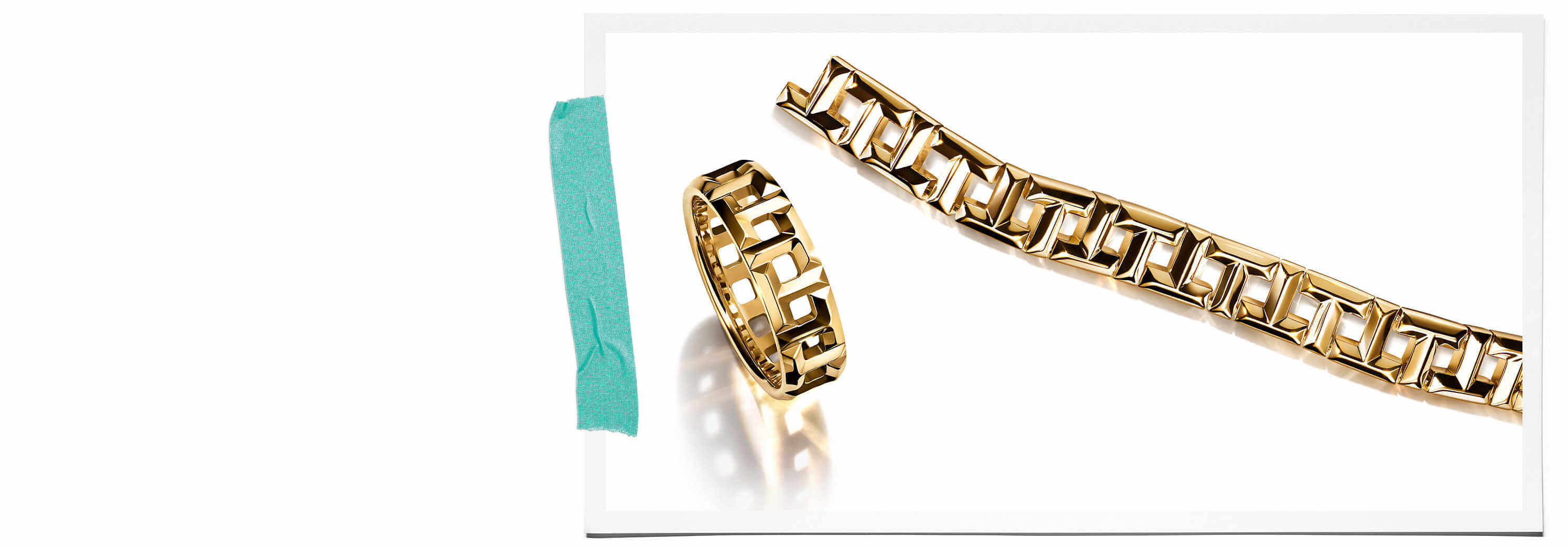Customer Service
Product-blog
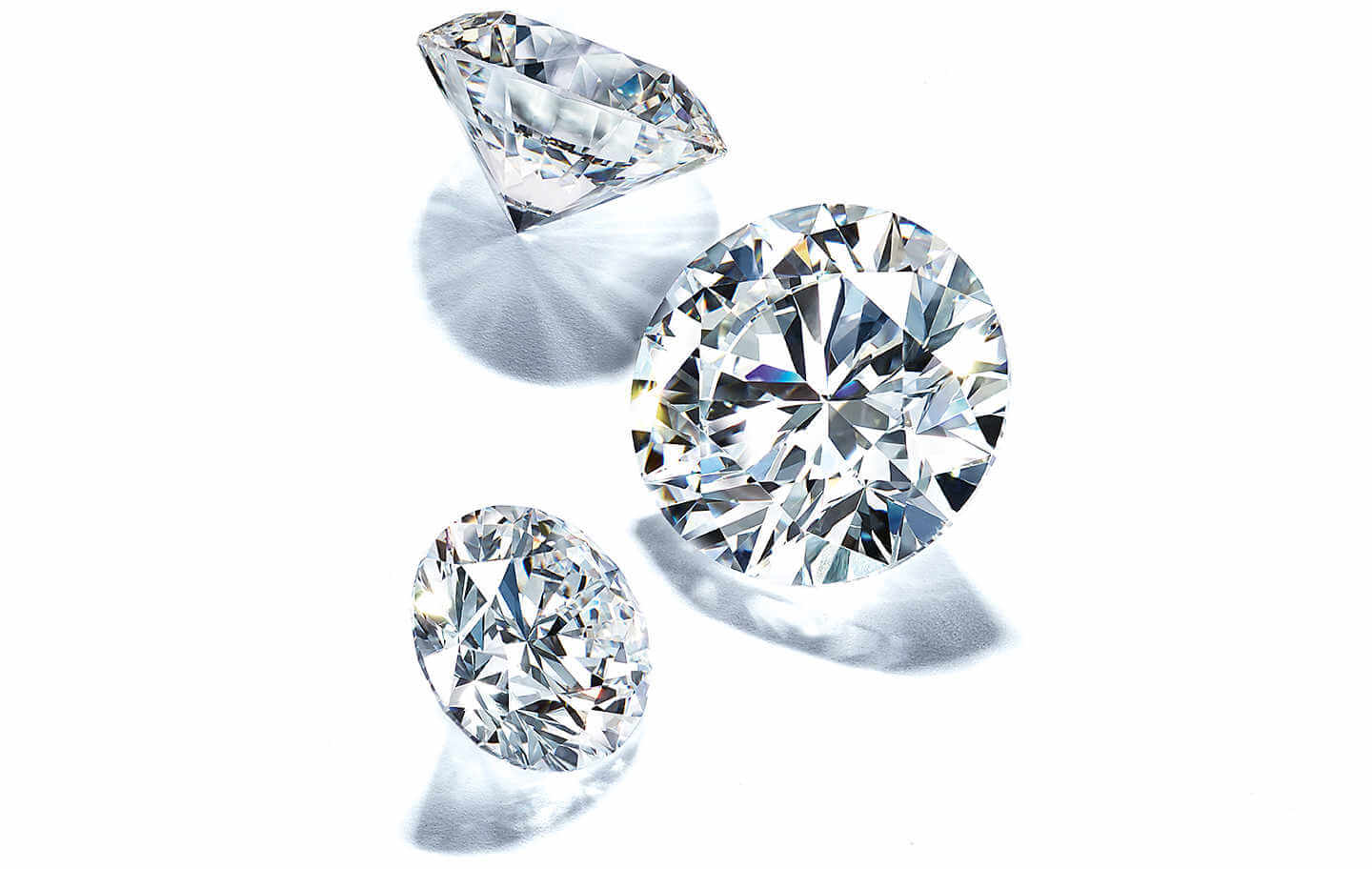
Diamonds
Tiffany diamonds are sourced with care and consideration. We believe the diamond sector can contribute positive value to communities it operates within—from the moment diamonds are unearthed as rough stones and throughout their journey to polished gemstones.
We uphold high standards in quality and for social and environmental practices. For instance, we have long pushed to expand the Kimberley Process definition of “conflict free” diamonds to protect human rights and the environment. When sourcing our diamonds, we go above and beyond the Kimberley Process by asking more of our suppliers, including through our Diamond Source Warranty Protocol.
We also maintain our high standards through leading approaches to diamond traceability. We source the majority of our rough diamonds from five countries—Botswana, Canada, Namibia, Russia and South Africa—and in Fiscal Year 2018, we were able to trace 100%* of our rough diamonds to known mines or responsible suppliers with a limited number of known mines. In 2019, we enhanced our approach to transparency through our Diamond Source Initiative, which shares with our customers the provenance—region or countries of origin—of all newly sourced, individually registered diamonds (0.18 carats and larger). Over the past 15 years, we have implemented a strategy that gives us a strong chain-of-custody process for our diamonds, that in part is because we have direct oversight of our own diamond cutting and polishing workshops, giving us control over the sourcing and conditions.
We believe our responsible sourcing practices can help promote the protection of human rights and the environment as well as create economic opportunity for communities along the diamond supply chain.
*See the Report of Independent Accountants
Precious Metals
For more than two decades, we have made dedicated efforts to responsibly source the precious metals we use in our products, which are primarily gold, platinum and silver. We are able to carefully monitor the sourcing of precious metals—with an emphasis on sustainability—in part because we manufacture the majority of our jewelry in our own facilities.
In Fiscal Year 2018, 99%* of the raw precious metals we directly purchased were traceable to mines in the United States or from recycled sources. Since 2005, we have applied industry-leading practices such as Earthworks’ No Dirty Gold Golden Rules criteria for socially and environmentally responsible gold mining. We also have robust protocols on conflict minerals to minimize the potential for financing armed conflict and human rights abuses through our purchase of gold.
In 2019, we began to source small amounts of artisanally mined metals through a U.S. pilot project that is designed to create environmental benefits while practicing responsible mining techniques. We continue to seek opportunities to increase sourcing from responsible artisanal mines around the world. We believe that promoting responsible practices in the artisanal mining sector has the potential to dramatically improve working conditions and livelihoods for miners, while protecting local environments.
*See the Report of Independent Accountants
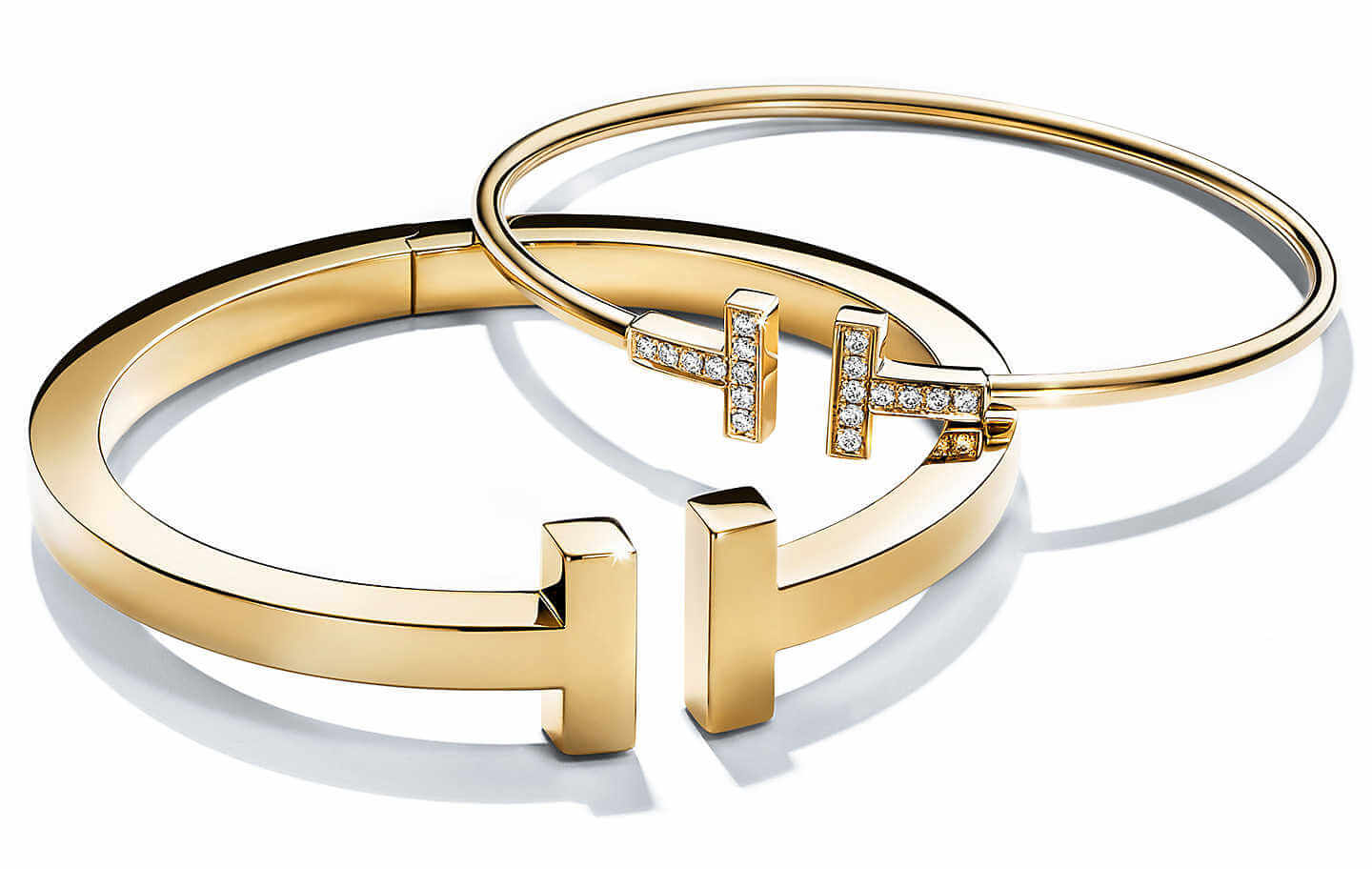
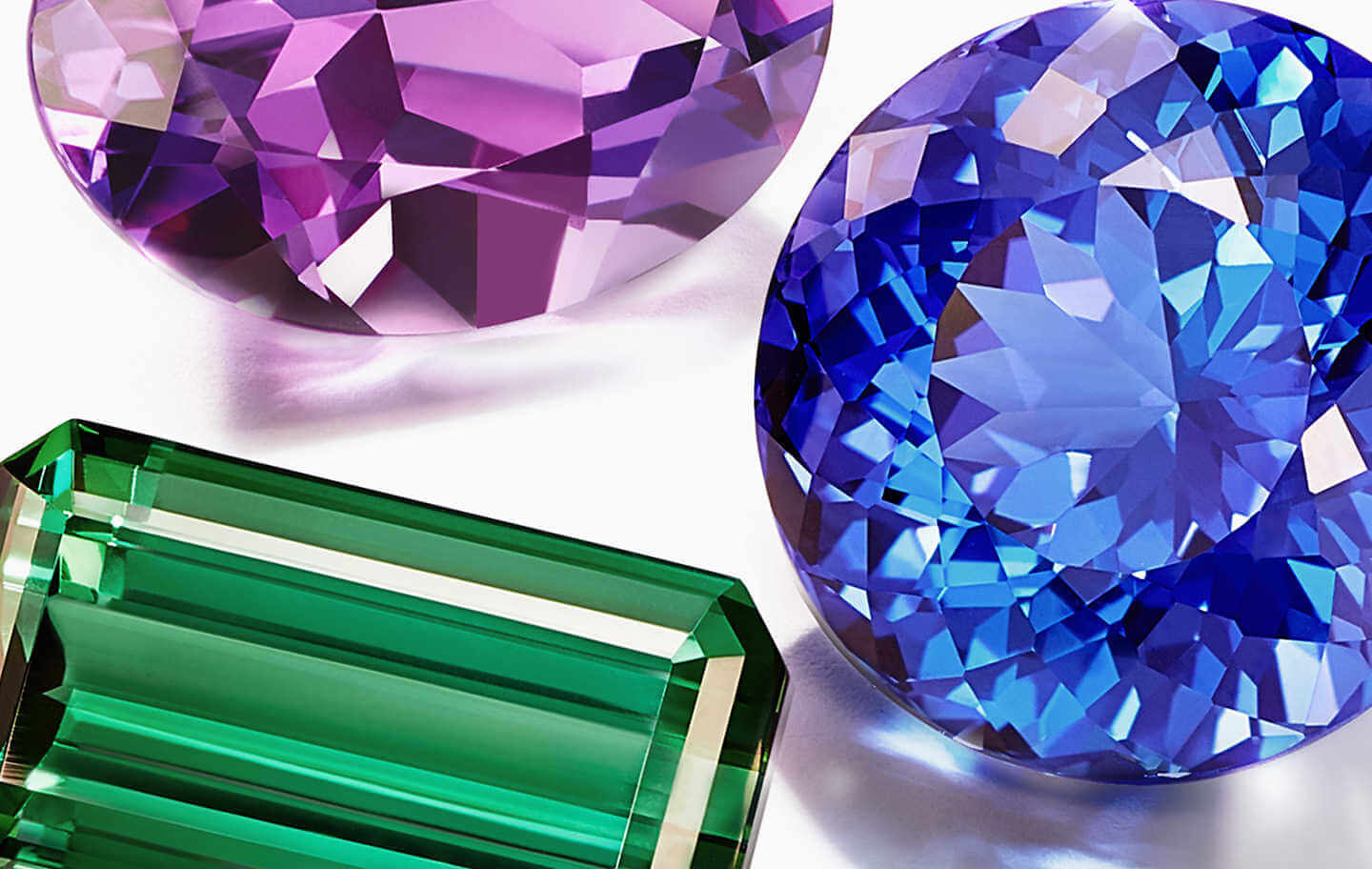
Colored Gemstones
In communities around the world, mining and trading colored gemstones is a cultural tradition and source of livelihoods passed down for generations. Approximately 80% of the world’s colored gemstones come from small-scale, artisanal mines spanning more than 40 countries; and the industry is highly complex, making it difficult to trace a gem’s origins.
We use strict protocols for sourcing the approximately 70 varieties we use in our jewelry; and we are helping set industry standards that account for the realities of the supply chain, while seeking to increase transparency and traceability. In some countries, where we have concerns about transparency and human rights, we have made the decision not to source prized stones, including lapis from Afghanistan and rubies from Myanmar.
We also collaborate to create standards and share best practices to promote responsible gemstone supply chains. Through industry partnerships and philanthropy, Tiffany and The Tiffany & Co. Foundation support a range of stakeholders, from miners and traders to cutters and polishers, to help the colored gemstone sector support sustainable livelihoods in the many places people depend on it.
Other Materials
We are thoughtful about which raw materials we use in our products and which we don’t. We carefully consider how materials are procured and crafted, and we pay special attention to living species. We use guidance on species sustainability, including for our leathers, from the International Union for Conservation of Nature (IUCN) Red List and the Convention on International Trade in Endangered Species (CITES) Appendices. We don’t use certain materials, including coral and ivory, in our products because we believe they cannot be sourced responsibly. We extend this approach beyond our products by taking a public stand on species protection, in select cases, and by supporting conservation efforts through strategic philanthropy.
For sustainable packaging, we have long given a preference for paper that is Forest Stewardship Council® (FSC®) certified, which is considered the premier standard in responsible forestry management. We are also committed to the responsible sourcing of leather and pearls; when possible, we work with suppliers and pearl farmers who share our commitment to environmental and social stewardship.
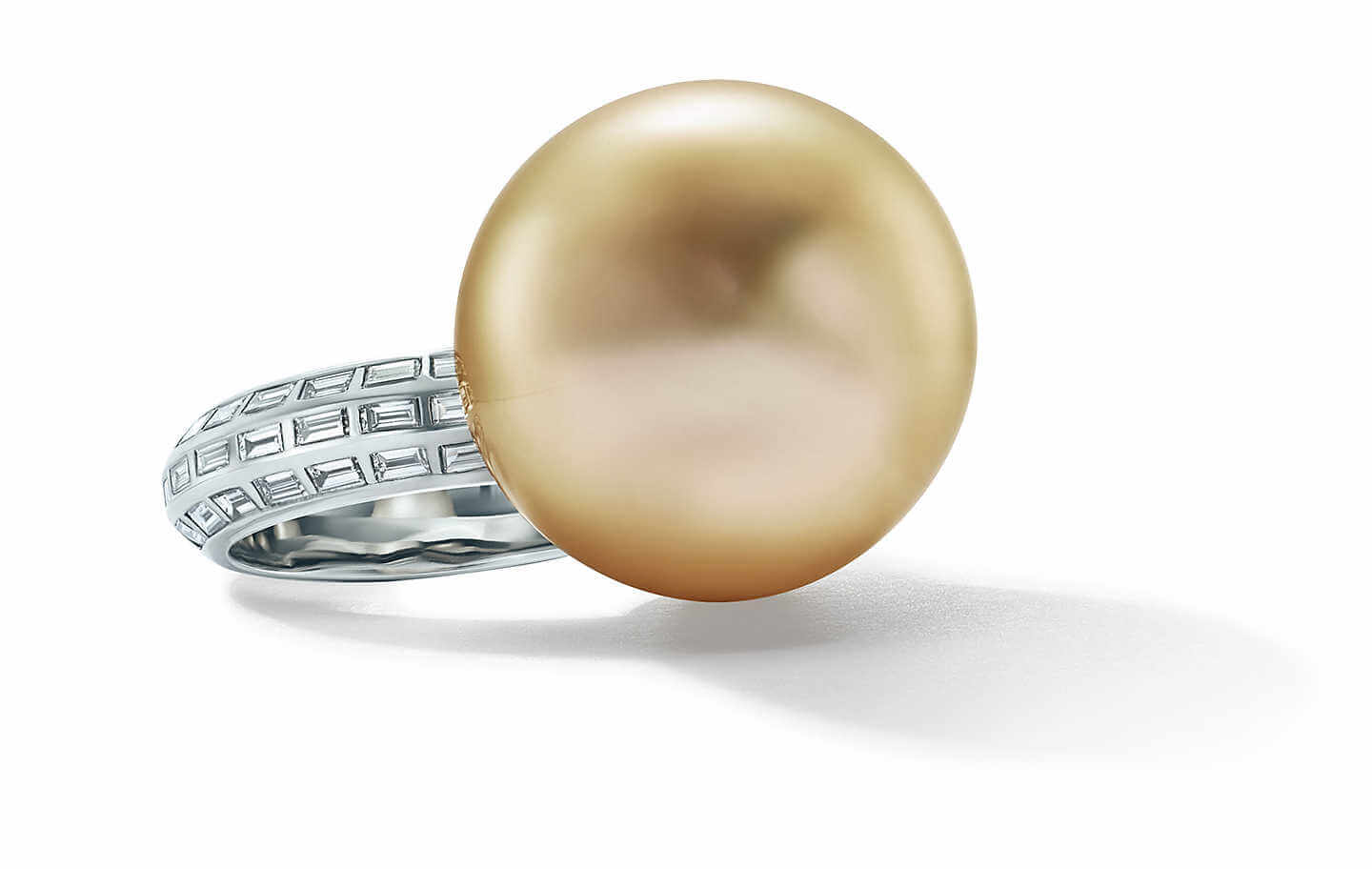
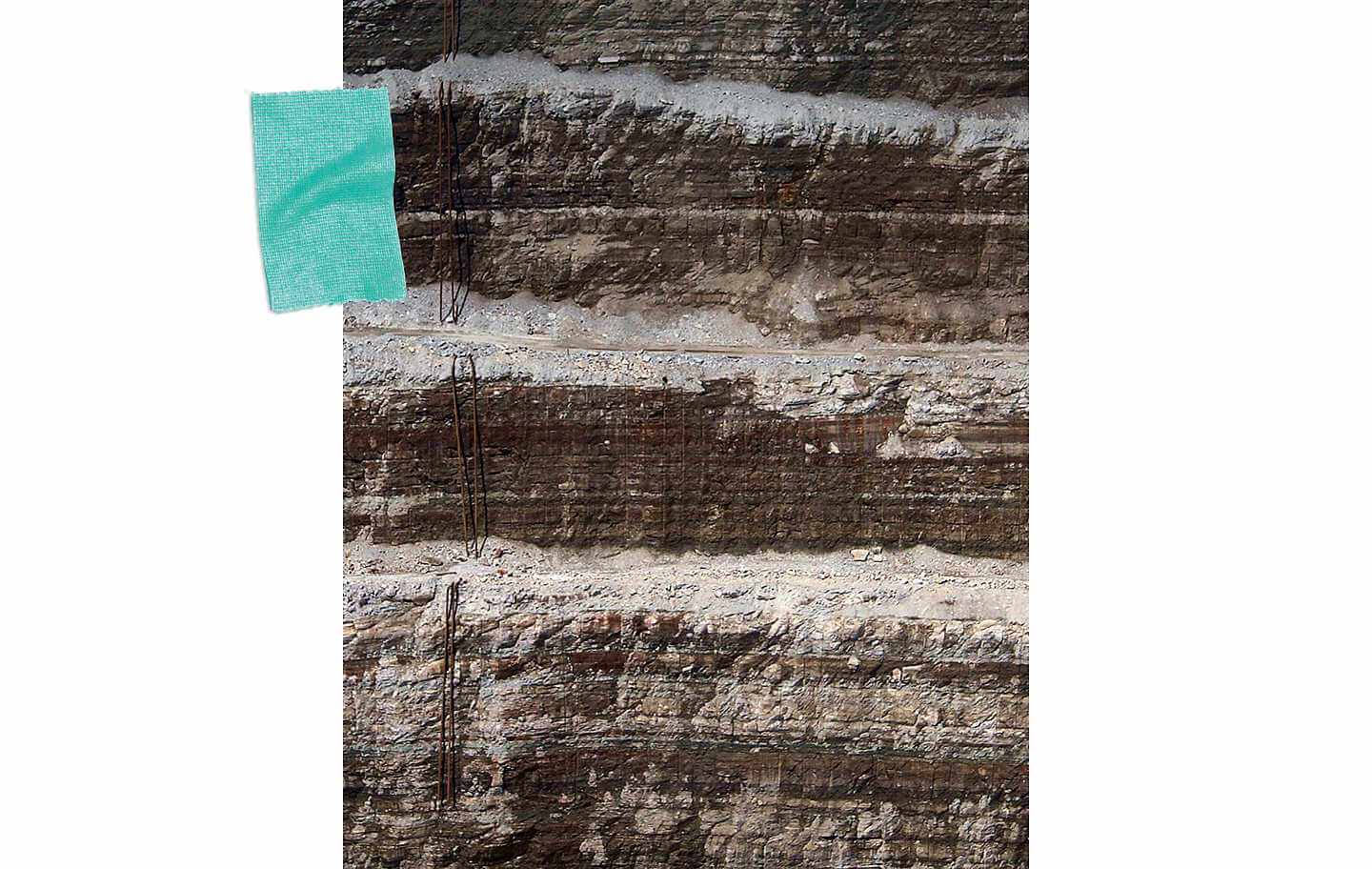
Responsible Mining
While Tiffany & Co. does not own or operate any mines, most of our products rely on mined material. We believe the manner in which precious metals and gemstones are extracted is of the utmost importance. We uphold the highest standards for sourcing across our mining supply chain, and we work globally to improve the practices of both large- and small-scale mining operations.
As a company, we have built longstanding relationships with our suppliers, helping ensure we source materials from those who align with our values and policies. We acquire most of our metals directly from mines we know and from recycled sources. We also source the majority of our diamonds as rough diamonds, directly from mines or from suppliers with a limited number of known mines.
To promote change beyond our own operations, we work with our suppliers, employees, the industry at large, nongovernmental organizations (NGOs) and other stakeholders to create positive change and lend our expertise through multistakeholder initiatives to encourage more responsible mining. We helped launch the Initiative for Responsible Mining Assurance (IRMA) in 2006, were a founding member of the Responsible Jewellery Council and were the first jeweler to apply Earthworks’ No Dirty Gold Golden Rules beginning in 2005. Complementing the practices in our own supply chain, The Tiffany & Co. Foundation has also provided approximately $6 million in grants to organizations helping to establish standards and credible certification systems to advance responsible practices in the artisanal and small-scale mining sector for gold, diamonds and colored gemstones.
Mining and the Environment
We understand that mining can have significant environmental impacts, and we make it a priority to minimize these impacts throughout our supply chain. We are selective about which suppliers we work with and what countries we source from; we go beyond our own supply chain through our efforts to influence the broader landscape and create change to reduce mining’s impacts on the environment. Because we’re an American company that sources the majority of our metals directly from mines in the United States, we promote environmental stewardship in mining through our philanthropy and advocacy across the nation. These efforts date back to 1995, when Tiffany opposed a proposed gold mine threatening Yellowstone National Park. They have continued over the past two decades through The Tiffany & Co. Foundation’s grantmaking in conservation and support for organizations reclaiming historic mines, and through Tiffany’s advocacy for responsible mining policy and the protection of public lands.

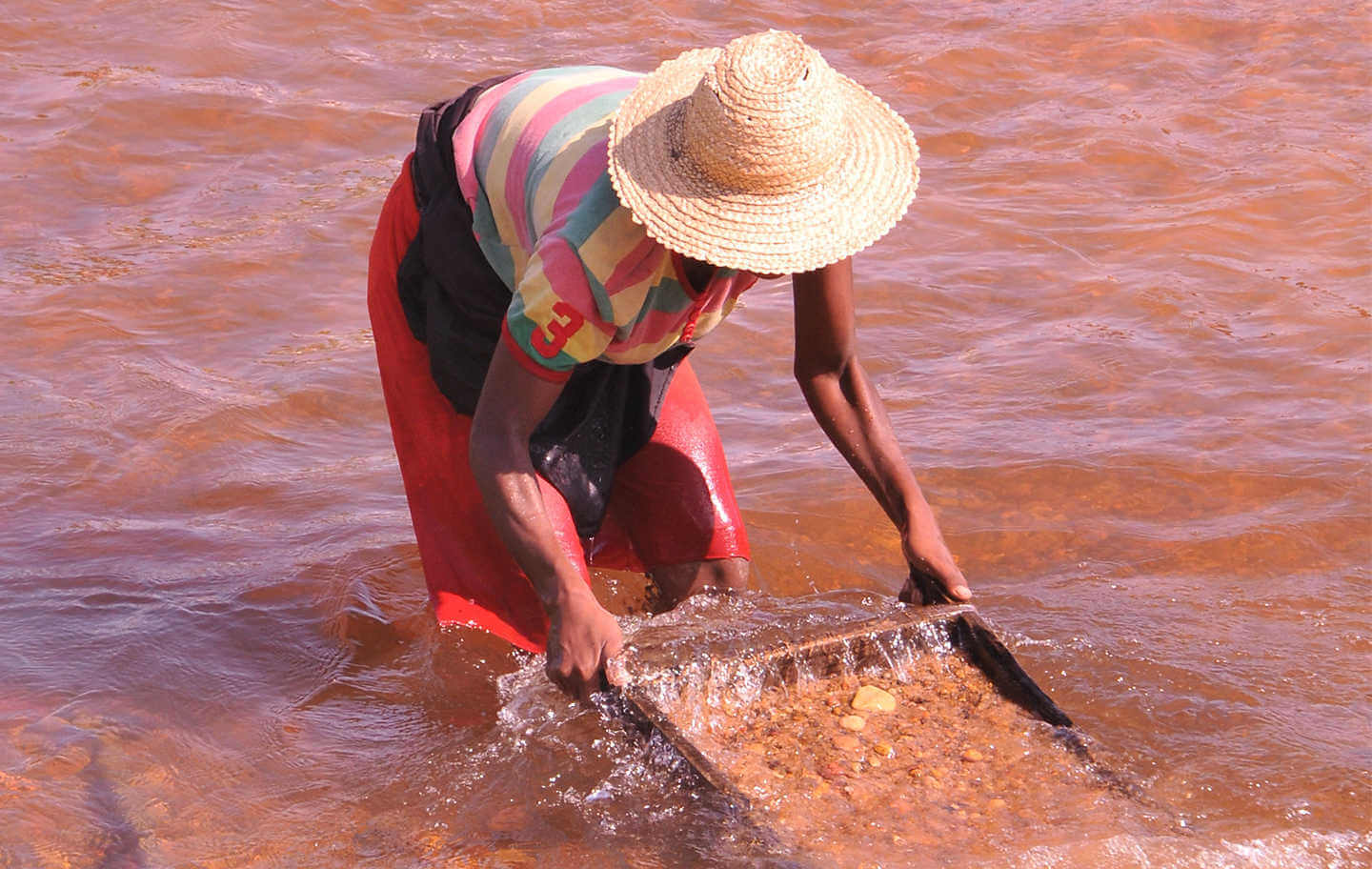
Human Rights
We strive to respect and protect the rights of all people whose lives are impacted by our business, from the miners who provide our raw materials to the workers who craft our jewelry. Within our Company, we have developed a robust approach to protecting human rights through responsible sourcing including the Tiffany & Co. Supplier Code of Conduct, our conflict minerals program and more. Beyond our business, collaboration is one of our most effective tools in creating a more responsible mining industry. For example, we helped to launch the Initiative for Responsible Mining Assurance (IRMA) in 2006 and continue to push the diamond industry to expand the Kimberley Process definition of “conflict free” to better safeguard human rights. As a result of our efforts, we are honored to be the only jewelry company to have earned a “Strong” ranking for our responsible sourcing practices by Human Rights Watch in its 2018 “Hidden Cost of Jewelry” report.
Craftsmanship
At Tiffany & Co., fine craftsmanship means embedding social and environmental integrity throughout the manufacturing process—from sourcing our raw materials to cutting and polishing our diamonds to crafting our jewelry. Today, we craft the majority of our jewelry products in our internal workshops and facilities.
Our founder, Charles Lewis Tiffany, set the stage for this beginning in 1848, when Tiffany hired artisans to make our jewelry in-house at a workshop above the Broadway store in New York City. By the late 1800s, Tiffany had also set up silversmith and diamond-cutting and polishing operations. By bringing jewelry manufacturing within the walls of our Company, Tiffany set an important precedent that has allowed us to maintain our high standards throughout the production process.
Today, we manufacture approximately 60% of our jewelry in Tiffany facilities in New York, Kentucky and Rhode Island and polish and assemble jewelry in the Dominican Republic. Directly managing our jewelry from sourcing to production allows us to contribute in a positive way to local economies by creating jobs, training workers and paying a location-specific living wage to employees in manufacturing facilities in developing countries. We are also able to better ensure our jewelry is crafted in a safe and healthy workplace.
Our responsible sourcing program extends this ethos across our supply chain. Through this program, we work with our key suppliers to help them improve how they manage, respect and protect human and labor rights, as well as environmental performance.
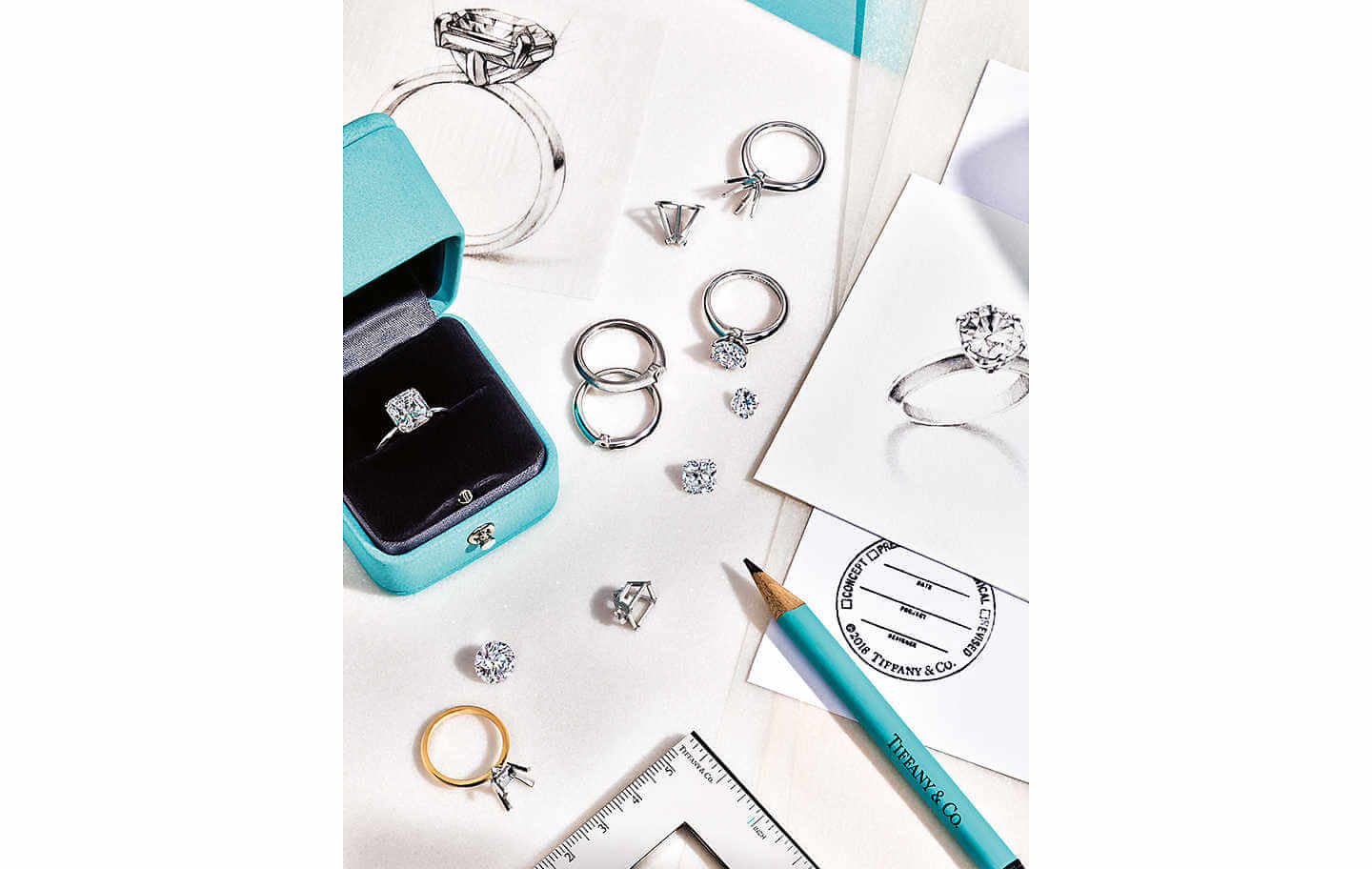
At Tiffany, our approach to sustainability underpins all areas of our business.
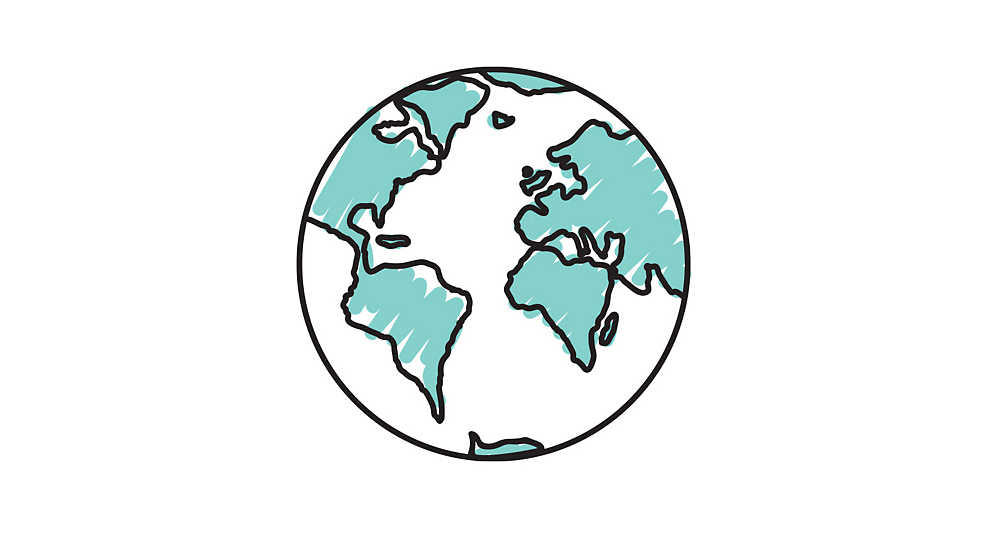
Planet
We’re committed to protecting the natural world by taking bold action on climate change and conservation.
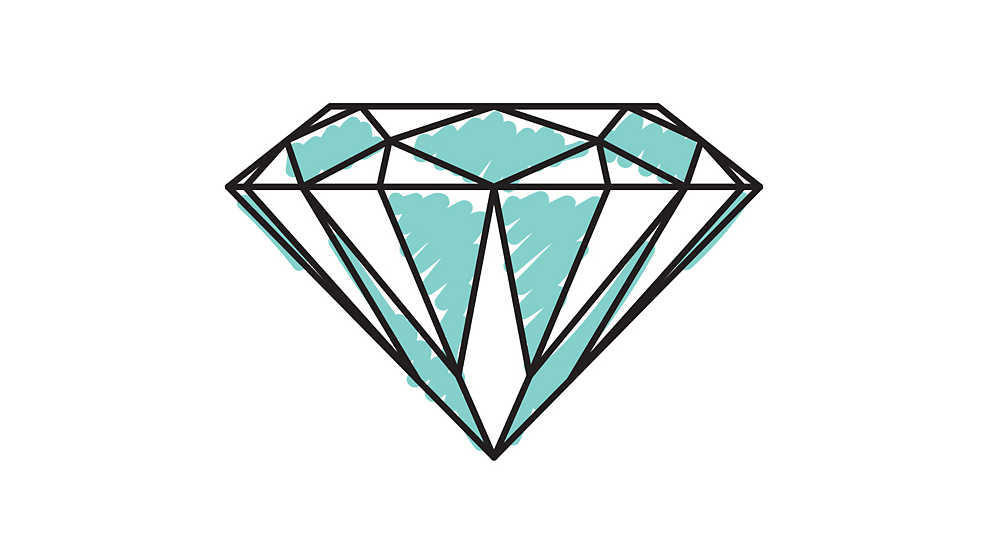
Product
We strive to ensure that every step in the journey of our products contributes to the well-being of people and the planet.
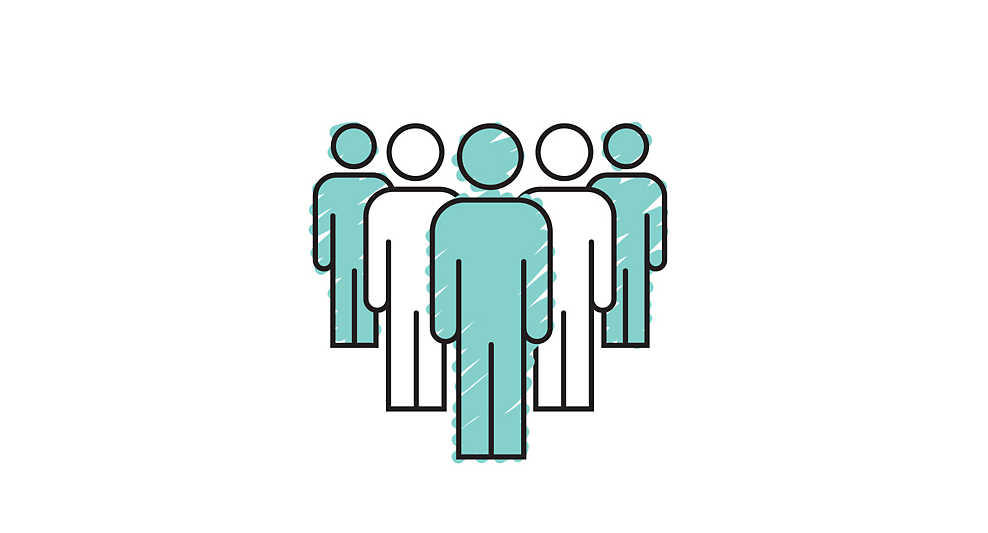
People
We honor our employees, customers and communities through a dedication to diversity, inclusion, fairness and development.
